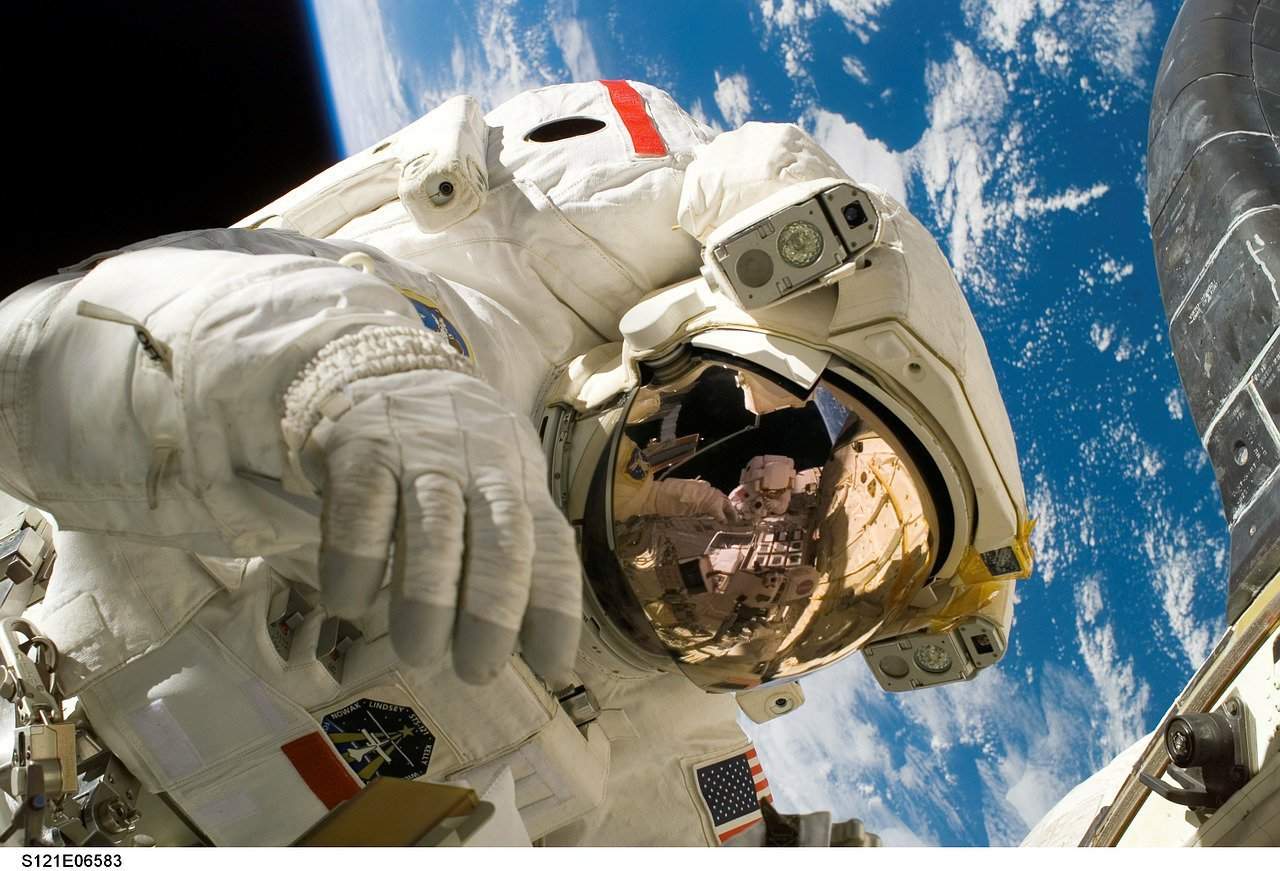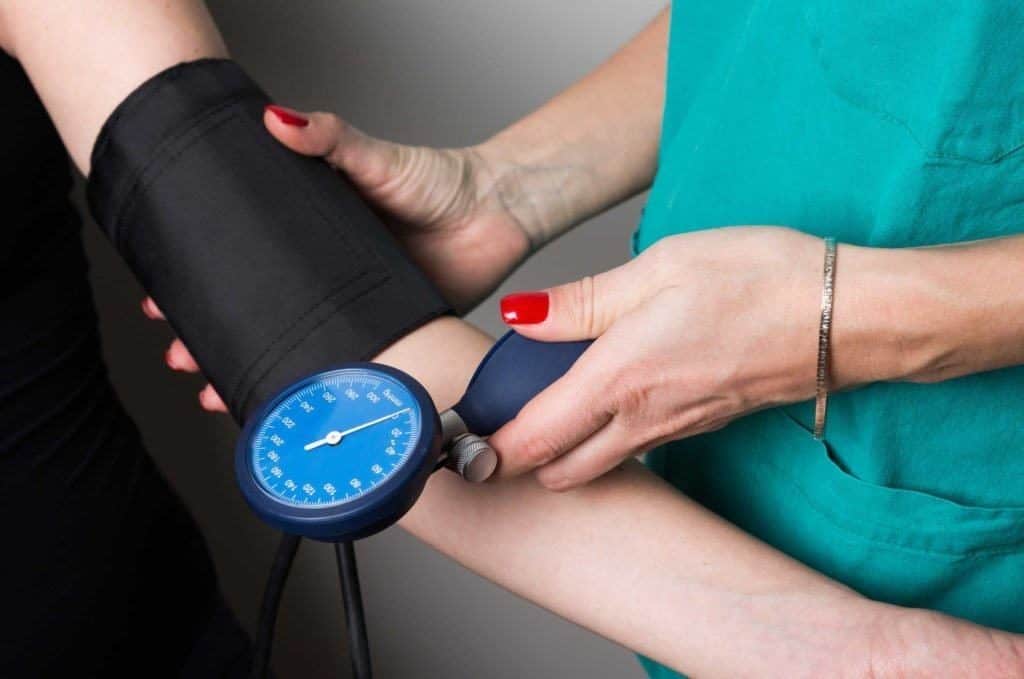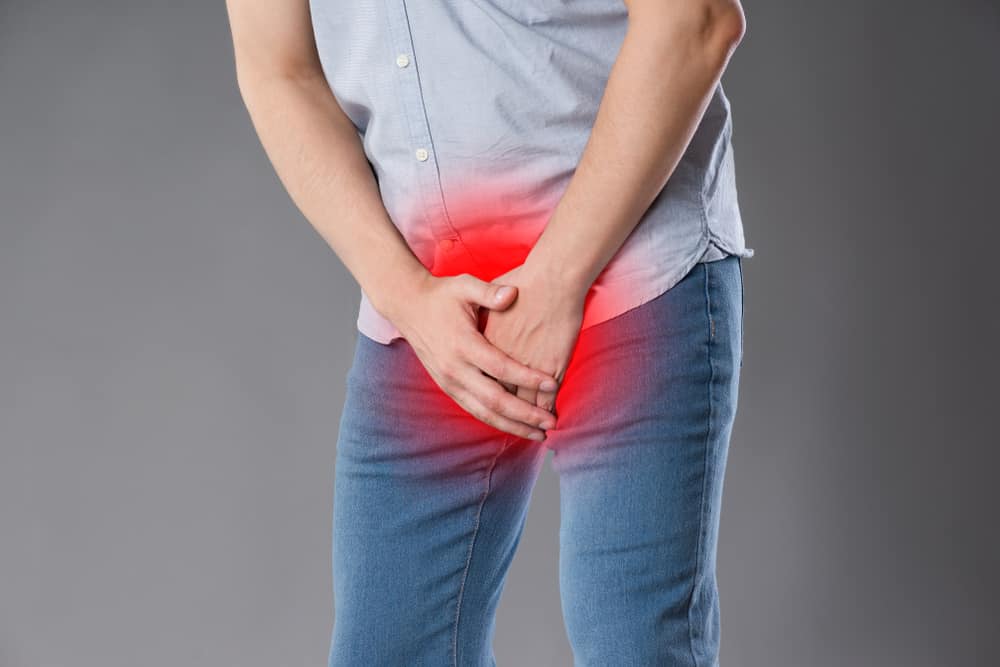Contents:
Medical Video: What Would Happen To Your Body In Space?
On earth, we can live comfortably thanks to the protection of the atmosphere. The atmosphere serves as a blanket to prevent harmful UV radiation from the sun, regulates the temperature of the planet we live in, and also maintains good atmospheric pressure.
This is different from space, where everything can be very dangerous. Without atmosphere, space is a vacuum - vacuum, pressure, empty space of matter.
Have you ever wondered what might happen to the human body while in space without space clothing, without the protection of a space shuttle? Is it really as dramatic as what is shown in Hollywood films? Can you really explode? Are there just a few chances of survival?
1. Outer space is very cold, you will freeze
Outer space is a very cold environment. Space temperature reaches -270ºC, the coldest temperature ever recorded - only a few degrees slightly higher than absolute zero. So, if at any time you get yourself floating aimlessly in the absence of space suits, it's only a matter of time for your body to completely freeze.
In geothermal weather, the human body produces sweat as a natural way of cooling the body. As soon as the sweat evaporates, the residual sweat that sticks to the skin uses body heat to produce a cool, soothing effect. In space, this process has multiplied many times. Usually, air humidity will slightly inhibit the cooling effect because it will be more difficult for sweat to evaporate in air that has been mixed with water. In vacuum, there is no humidity.
The absence of moisture will allow this cooling process to be accelerated many times by evaporating every exposed body fluid. Your eyes are runny, your mouth is coated with saliva, and the moist breathing pathway will freeze as a result of the acceleration of this process.
However, this process will not happen as fast as you think. Vacuum causes the transfer of body heat to be very slow, maybe even almost nothing, so that before it completely freezes, your body will experience several other processes first - even some can occur at the same time. First, bubble like a balloon.
2. Without protection, your body can inflate extraordinarily in space
When in the cold or in water when on earth, you have the ability to produce "convection" currents that will draw heat from the body, but the vacuum does not have the ability to transfer heat due to zero pressure.
No, you won't explode. Just because the body is exposed to zero pressure from a vacuum, does not mean your body will automatically lose all cohesion (attraction between molecules).
But just because you won't explode doesn't mean you won't expand. Without the presence of Earth's atmospheric pressure, the water that forms 70 percent of the human body will form water vapor. Likewise, dissolved nitrogen in the bloodstream near the surface of your skin will gather into small bubbles. Over time, these bubbles expand, inflating the body to twice your normal size, starting from the hands and feet to spread throughout the body. This condition is called ebullism. Ironically, all the organs in the body are protected by elastic skin - effective enough to prevent your body from exploding from the inside. Ebullism causes severe tissue damage and your blood flow will be hampered, but you will not die quickly after experiencing this condition.
3. Burns due to direct exposure to sunlight
All day playing on the beach without the protection of sunscreen, is the same as exposing yourself to sunburn burns. Now, imagine that your 'naked' body is exposed to direct sunlight without the protection of the ozone layer which can counteract even the most dangerous UV rays. Floating in a vacuum without the protection of an astronaut's clothes will burn exposed skin. In addition, seeing the sun directly will "fry" the retina of the eye, making you blind. Even if you can survive, the risk of contracting skin cancer will increase many times.
4. Blood will not boil, but other body fluids can
The pressure in the vacuum chamber is so low that the boiling point of human body fluids when in a vacuum will drop dramatically below the body's normal temperature (37ºC). As a result, the body begins to form gas bubbles in body fluids that can have serious consequences.
However, your blood cannot boil due to this. Elastic human skin is able to maintain temperature and blood pressure in the body to remain normal (for a few moments) to prevent blood from boiling. Meanwhile, your saliva will begin to boil and burn your tongue.
5. Choking due to hypoxia
When you are in a vacuum, you will really lack oxygen, but not in the way you might think. The condition in which a person suffers from extreme oxygen deficiency is called hypoxia. Without Earth's atmospheric pressure, oxygen in the blood will evaporate and escape from your body. As a result, your cardiovascular system will fail, and no blood can be sent to the muscles and other vital organs. Plus, the effect of choking will make your skin turn blue.
Hunger for oxygen, your brain will go into shutdown mode - like a laptop - to save energy. Humans can stay awake for at least 10-15 seconds if they experience this condition before completely losing consciousness.
6. Holding your breath in space, your lungs can explode
One fatal mistake you can make when sucked out of a spaceship without any protection is: decide to pull one last breath, deeply, and hold it back.
You might think that the only air supply that is now stored in your lungs can be a savior. On the contrary. Throat-forming valves and tubes are not designed to hold air against nothing. Holding your breath in a bulky space will cause a decompression explosion in your lungs - like when scuba divers rise to the sea surface quickly. The air in the lungs will expand dramatically beyond the tolerance limits of the lung wall. In short: your lungs will rupture.
At critical times like this, the wisest thing you can do is to constantly exhale, as much as possible, to avoid the trauma of this explosion.
Unfortunately, if you just float in space for more than two minutes, the brain that has "shutdown" will be followed by failure of other internal organs due to extreme lack of oxygen. Only then will you die freezing.
READ ALSO:
- 3 Things That Happen In The Body When We Laugh
- Hipervitaminosis: What Happens If the Body Excesses Vitamins
- What happens to the body when you stay up












